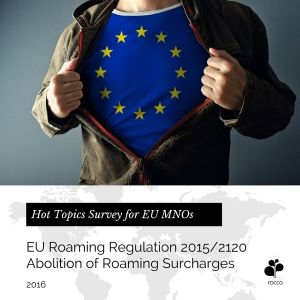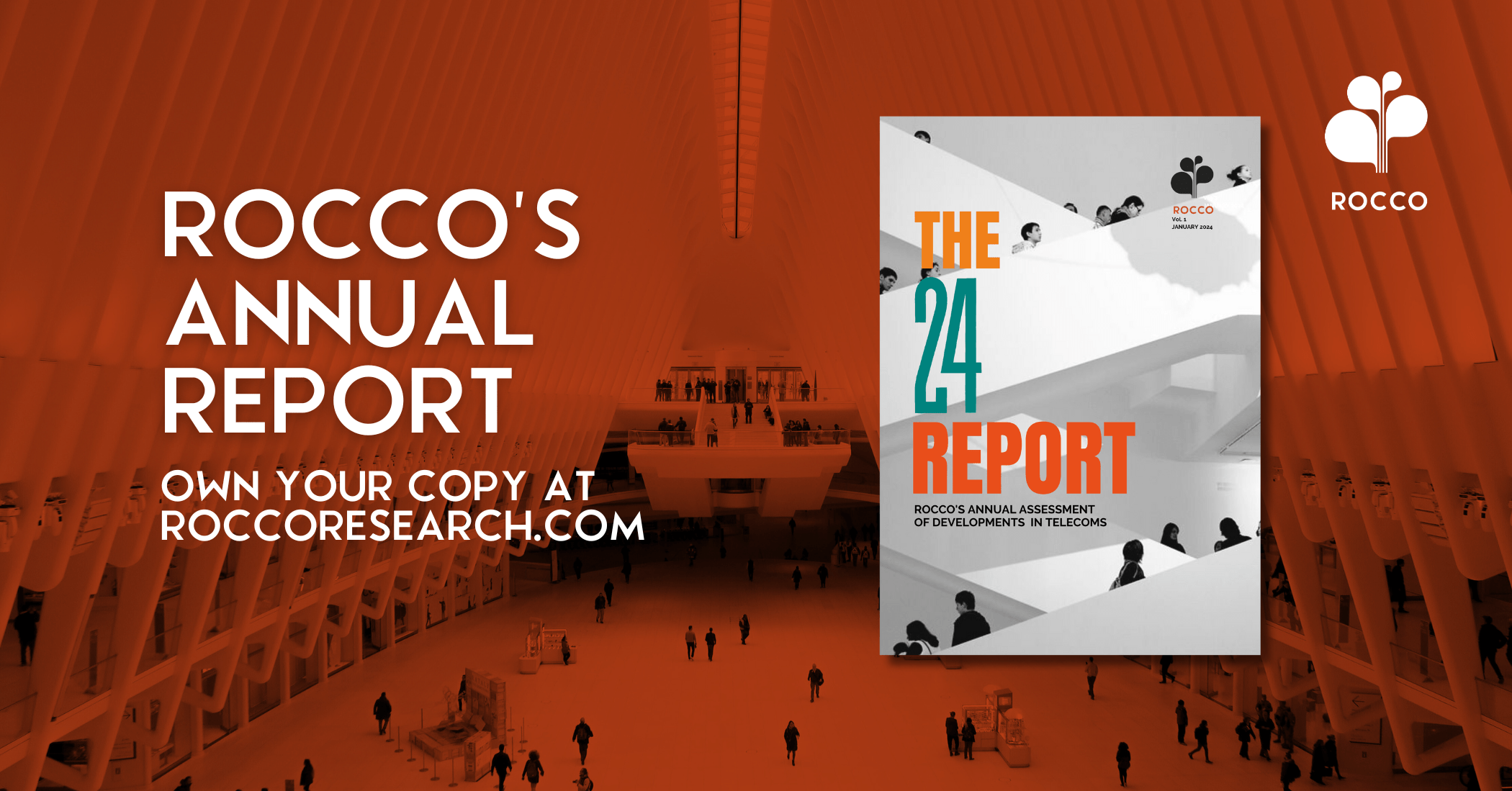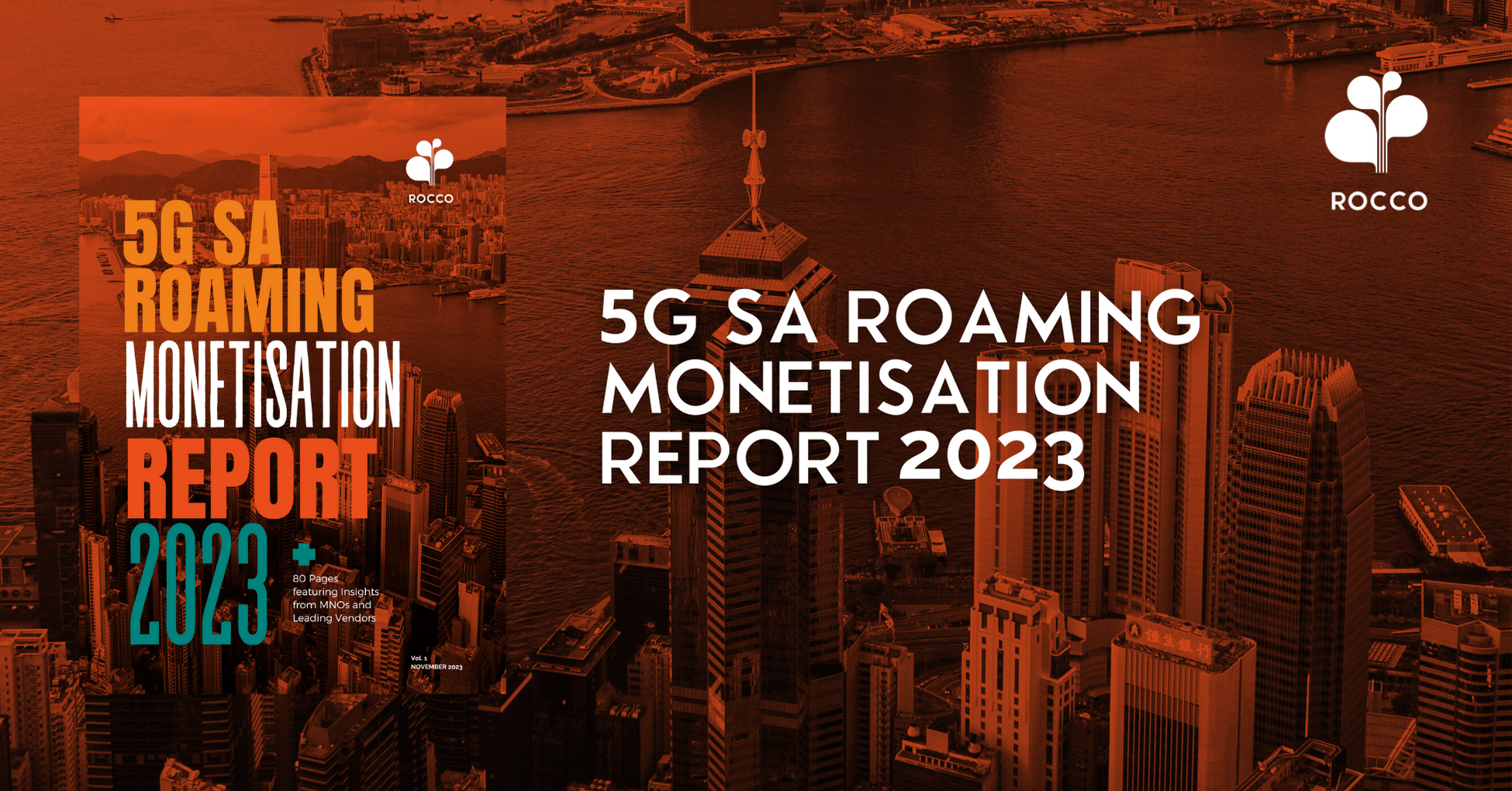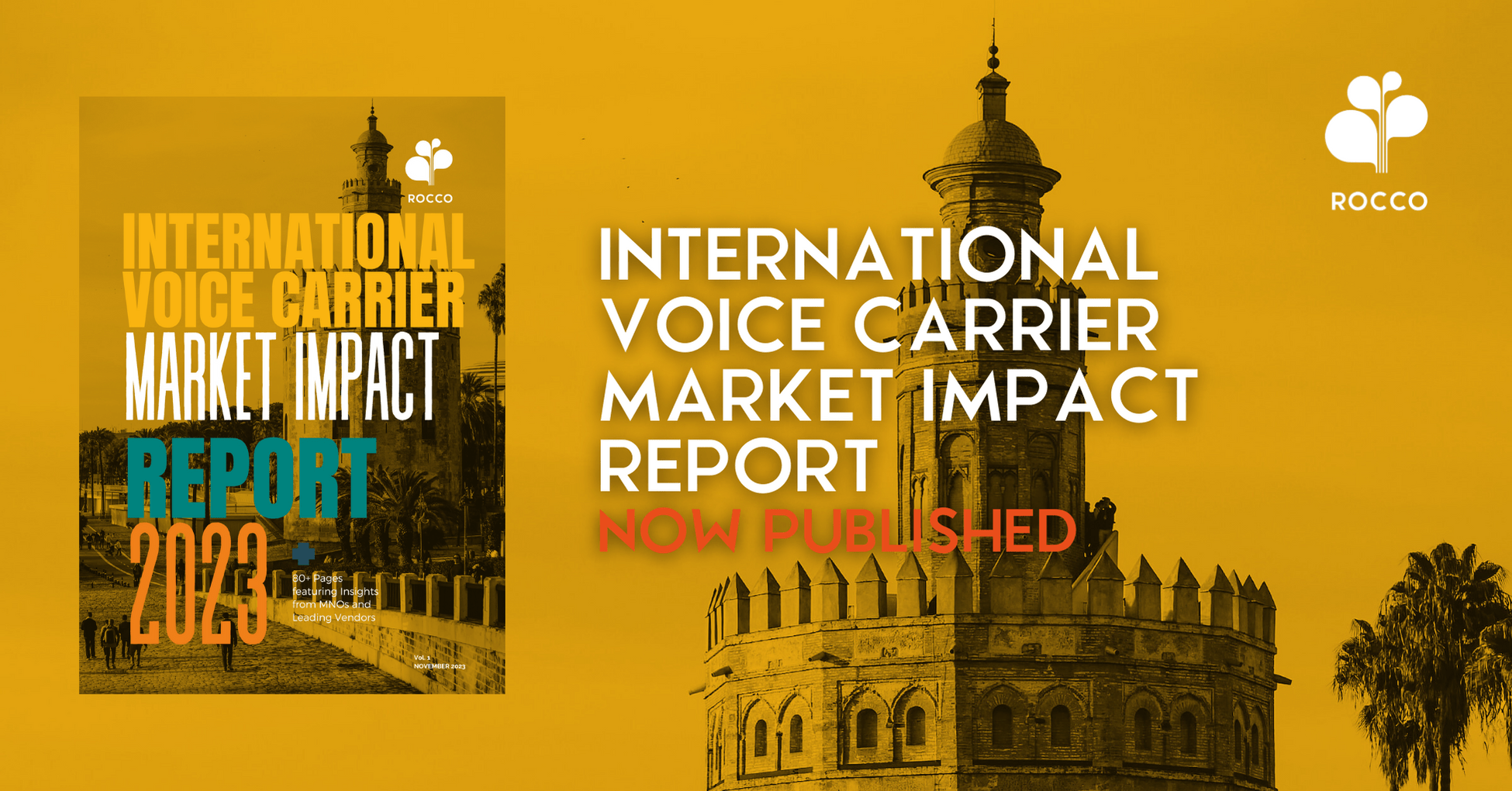 The UK press has featured many articles about how British people who want to leave the EU (and will vote tomorrow in favour of an exit strategy = BRexit) enjoy many of the benefits of being part of the EU. One of the greatest benefits being discussed in the press is beyond doubt the Roaming Regulation.
The UK press has featured many articles about how British people who want to leave the EU (and will vote tomorrow in favour of an exit strategy = BRexit) enjoy many of the benefits of being part of the EU. One of the greatest benefits being discussed in the press is beyond doubt the Roaming Regulation.
Interesting how after 10 years of Roaming Regulation next June’s abolition of Roaming will bring finally the end of Roaming charges and may infact allow (if Neelie Kroes was correct) for increased productivity, with the ability for many more people feeling freer than ever before to use their home data allowance while they roam within the EU at no extra cost.
But if the UK were to leave the EU then for sure the situation with Roaming charges will change, both for visitors to the UK using their devices and for UK roamers in the EU. Yes, the UK MNOs would not offer those rates to its subscribers and beyond that, many of the current traffic guarantees and discount deals which are now in place between MNOs in the UK and MNOs in EU Member states will most likely be abandoned.
It’s not belligerent on the part of UK MNO’s either, the simple fact is that International Roaming costs MNOs money to support. When an MNO supports its subscriber Roaming outside of its own network, it’s not cheap. There are all kinds of Vendors needed to support the service:
- International Signalling: to connect the subscriber wherever they go…
- Billing mechanisms: through clearing entities
- Fraud: something which is hardly talked about but super important the impact of Roaming fraud such as International Revenue Share Fraud (IRSF).
- Quality of Service: is another major impact on creating International Roaming, which has a cost and that is often taken for granted by both operators and endusers. MNOs must develop their networks to the latest standards and retest their Roaming Agreements when each new standard comes along. If subscribers want the benefits of LTE (vs the use of wi-fi), then MNOs must invest in their LTE networks, thus also in LTE roaming.
Roaming Regulation forces MNOs into a corner, it won’t help generate a more trusting relationship between subscriber and MNO since now the MNO must work even harder to protect itself against Roaming Wholesale Costs and will look for ways to recover costs, be it increasing domestic rates, increasing rates across non EU markets or creating more elaborate propositions which only achieve regulation rates when used to their extremities.
So would a UK MNO maintain the EU Regulation beyond Brexit? We at ROCCO believe that the simple answer is NO. Ofcom would have to insist on that measure which it would be unlikely to do, since it could not request of all the Regulators in the EU to maintain those rates for UK Roamers. So the UK MNOs would decide for themselves and let market pressure define the rates for International Roaming which would inevitably be higher than todays rates.
We only need to look to non EU States within Europe e.g. Switzerland to find the answer. The rates are for sure not extreme, however neither are they at EU Regulation standards and are higher owing to realistically the cost of supporting International Roaming for the MNO. Looking at some other examples:
Non EU
- EFTA: The four countries forming the European Free Trade Association (EFTA) are not EU members, but have partly committed to the EU’s economy and regulations: Iceland, Liechtenstein and Norway, which are a part of the single market through the European Economic Area, and Switzerland, which has similar ties through bilateral treaties.
- Microstates: The relationships of the European microstates, Andorra (covered mostly but unofficially by French and Spanish MNOs), Monaco (officially covered by French MNOs), San Marino (covered mostly but unofficially by Italian MNOs), and the Vatican (officially covered by Italian MNOs) include the use of the euro and other areas of co-operation.
- EU affiliated Islands: Then there are of course the entities which are not subject to EU Regulation local to the UK, Channel Islands, Faroe Islands, Isle of Man etc. There are not covered by the UK MNOs and each have their own networks and Roaming rates.
EU, you might not know about…
The outermost regions (OMR) are geographic areas which are part of a European Union Member State, are situated outside of Europe and are fully part of the EU. See image below, the UK’s relationship with OMR would also be effected since these entities are under the EU Regulation.
However one of the benefits for Brexit which is being explored, is that the UK is part of a bigger commonwealth of countries which it also has trade routes with and a long history. The Commonwealth comprises 53 countries, across all six inhabited continents. The members have a combined population of 2.1 billion people, almost a third of the world population, of which 1.26 billion live in India and 94% live in Asia and Africa combined. Should the UK’s relationship with the EU cease for certain the UK will turn to the British Commonwealth for trade and potentially the relationships between these countries will become more prevalent, which may in turn have a benefit to International Roaming rates, but certainly not at the scale of the EU Roaming Regulations and as you can see from the map below, these aren’t exactly local roaming destinations.
While it is true that the EU Roaming Regulations have developed a ripple of Regulatory work across the world, nothing as extreme as that which we see in the EU. From the Pacific Partnership Agreement in the far East to GCC work in the Middle East and self regulatory pressures in countries like the U.S.A., Mexico and Canada, every regulator internationally has put some effort into addressing the consumer awareness of Roaming bill shock through transparency measures of some kinds but it’s not abolition of Roaming.
Thinking for a moment in a Brexit world: if you imagine that prices won’t rise should the UK leave the EU, it’s just not realistic, they will and it is unknown when they will recover to the current standards. Will a UK MNO decide to lead a competition war to restore EU rates for its subscribers, it hasn’t happened in other non EU European countries so why would it happen in the UK. Mainly because they would need to have great rates from EU already to make such a play, Vodafone, 3 and O2 UK might be the only ones in a position to do that today, but it would be very surprising if they did, given the lack of any fully EU wide MNO Group.
As speculation about what might happen increases, it is likely to have a domino effect also with other European countries e.g. see what is happening in the Netherlands with the NExit. Then the work of MNOs increases further as EU member states begin to break away and become independent again.
At ROCCO we are in favour of the UK remaining within the EU and putting aside for a moment the EU Regulation, we believe what the EU has started to achieve is fundamentally good for International Roaming for all MNOs globally in bringing awareness of Roaming costs, more transparency to users and more options for Roaming. From a Roaming and technology perspective, as we look to 5G in 2020 and the Internet of Things we will need to innovate further globally what data provisions we provide to make this new world emerge and the only way to do that is by making some small sacrifices and working together for the greater benefits.
For more information on global Roaming Regulation or on Wholesale, Retail strategy contact ROCCO at contact@www.roccoresearch.com for more information.
 EU Roaming Regulation: MNOs have requested of ROCCO a research survey to capture data about common approaches to the EU Roaming Regulation 2015/2120. Please see below the link to this survey. Any MNO taking part will receive the full survey results at no cost for their own companies use.
EU Roaming Regulation: MNOs have requested of ROCCO a research survey to capture data about common approaches to the EU Roaming Regulation 2015/2120. Please see below the link to this survey. Any MNO taking part will receive the full survey results at no cost for their own companies use.
EU MNOs can take the survey here











